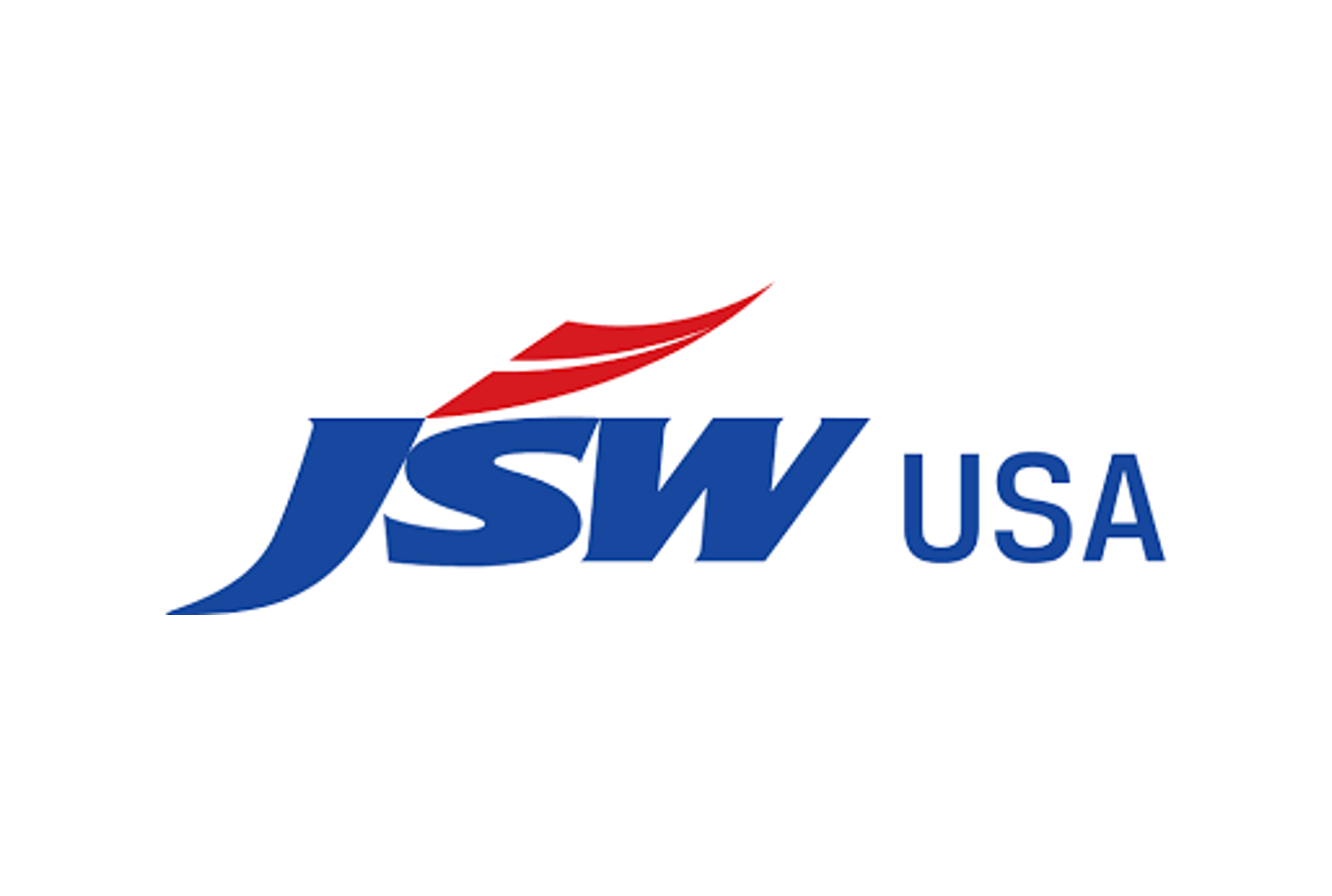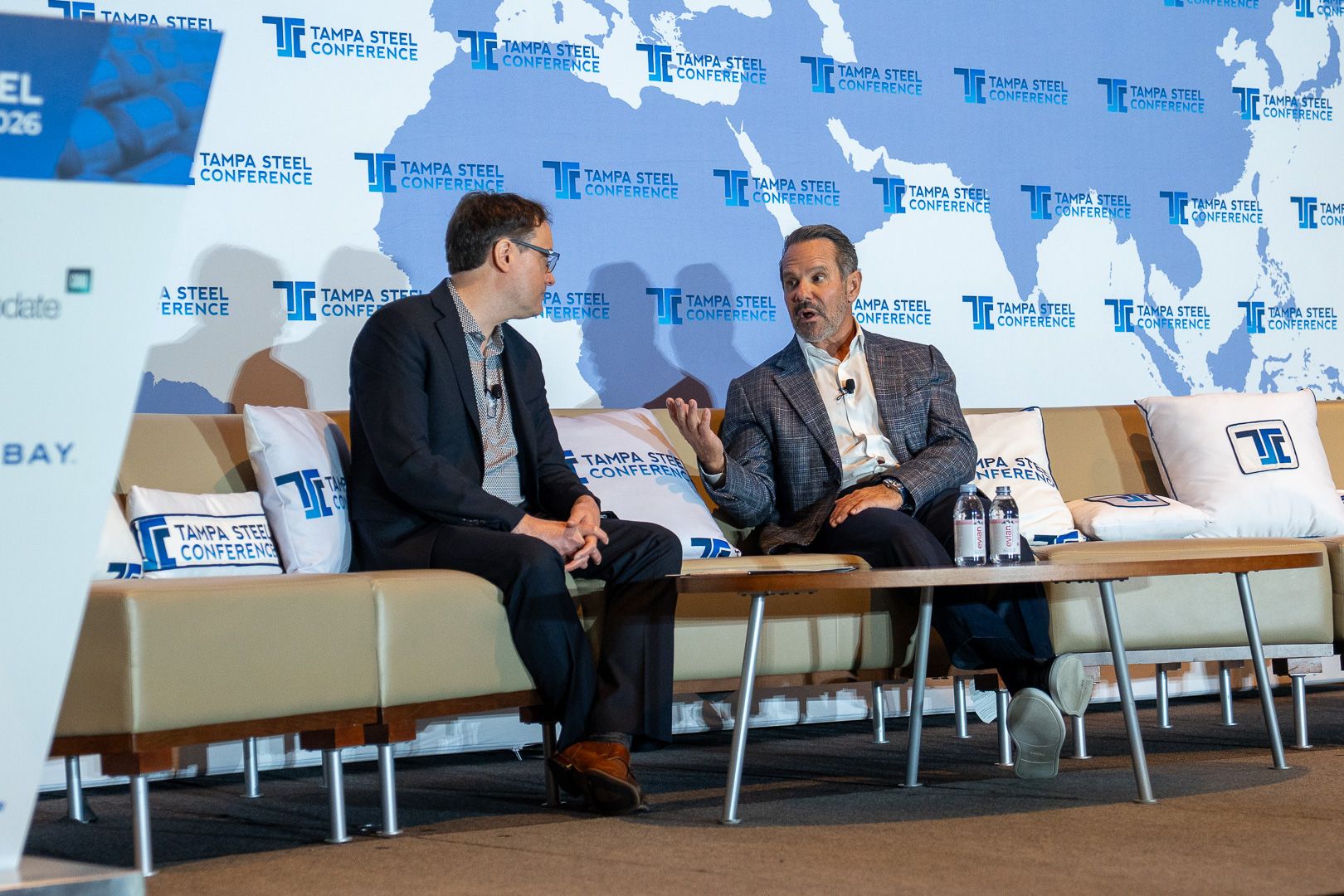Community Events

March 4, 2021
Preckel: Oil Market Improving, But Prices to Remain Subdued
Written by Sandy Williams
The energy sector is definitely improving, stated Rick Preckel, partner at the consulting firm Preston Pipe, during Wednesday’s SMU Community Chat. Excess inventory of crude oil is beginning to move and rig counts are getting better. As rig counts and drilling pick up, OCTG product demand will flow quickly through the cycle. OCTG price increases are reflecting higher steel prices as well as improved demand.
 Hot rolled prices are averaging $1,240 per ton and steel availability remains tight. “Any additional demand on a system that is stressed will contribute, if not to higher prices, then to more support for the steel prices out there today,” said Preckel. “Most mills charge OCTG extras. Diligence in charging that will ebb and flow based on demand in the marketplace. Extras are probably in full force right now because demand for steel is strong.”
Hot rolled prices are averaging $1,240 per ton and steel availability remains tight. “Any additional demand on a system that is stressed will contribute, if not to higher prices, then to more support for the steel prices out there today,” said Preckel. “Most mills charge OCTG extras. Diligence in charging that will ebb and flow based on demand in the marketplace. Extras are probably in full force right now because demand for steel is strong.”
The cancellation of major pipeline projects Keystone XL and Atlantic Coastline adds to excess pipe and OCTG inventory. Some pipe for Keystone has been on the ground since 2014 and pipe manufacturing to fill orders has been under way for years, said Preckel. The Atlantic Coastline project has about 300,000 tons of inventory overhang from orders awarded in 2015 and pipe manufacturing that occurred between 2016 and 2017. Some of the excess inventory could be used in maintenance or pipeline applications, while some might affect the piling market.
Oil prices per barrel are in the low $60s right now. Good economic reports will push oil prices up, but barrels added back to the market by OPEC will push prices back down. OPEC is withholding about 7 million barrels of oil per day and will meet this week to decide whether to add more capacity to the market. “My guess is that we will see prices hang in the $50 to $60-plus range for the balance of the year,” said Preckel.
Regarding natural gas, the Permian basin in the southwestern U.S. is suppressed because of inadequate takeaway capacity. Gas production is currently well below its peak, though, and it will be 2024-2025 before there is a significant requirement for new takeaway capacity in the basin. What might accelerate that is new restrictions on flaring gas, which could call for more gas pipeline to take gas away from oil wells. Producers sometimes “flare” or burn off unwanted gas from oil extraction operations, which contributes to harmful greenhouse gas emissions.
One key question that Preckel is often asked: “Are we at the end of our oil and natural gas?” The answer is no, he said, adding, “There are a lot of years left.”





